Related Research Articles

Kenneth Kaunda, also known as KK, was a Zambian politician who served as the first president of Zambia from 1964 to 1991. He was at the forefront of the struggle for independence from British rule. Dissatisfied with Harry Nkumbula's leadership of the Northern Rhodesian African National Congress, he broke away and founded the Zambian African National Congress, later becoming the head of the socialist United National Independence Party (UNIP).

After independence in 1964 the foreign relations of Zambia were mostly focused on supporting liberation movements in other countries in Southern Africa, such as the African National Congress and SWAPO. During the Cold War Zambia was a member of the Non-Aligned Movement.

The Trilateral Commission is a nongovernmental international organization aimed at fostering closer cooperation between Japan, Western Europe and North America. It was founded in July 1973 principally by American banker and philanthropist David Rockefeller, an internationalist who sought to address the challenges posed by the growing economic and political interdependence between the U.S. and its allies in North America, Western Europe, and Japan.
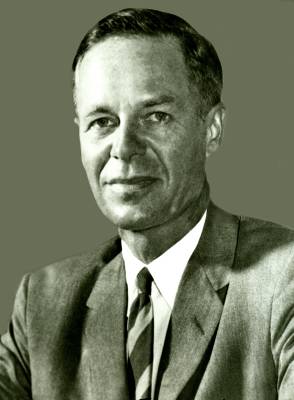
Charles Woodruff Yost was a career U.S. Ambassador who was assigned as his country's representative to the United Nations from 1969 to 1971.
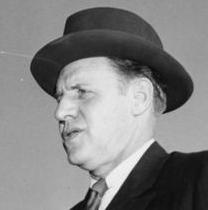
Robert Daniel Murphy was an American diplomat. He served as the first United States Under Secretary of State for Political Affairs when the position was established during the Eisenhower administration.

The Paul H. Nitze School of Advanced International Studies (SAIS) is a graduate school of Johns Hopkins University based in Washington, D.C. with campuses in Bologna, Italy and Nanjing, China.
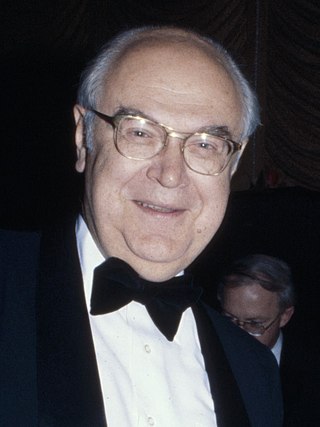
Anatoly Fyodorovich Dobrynin was a Soviet statesman, diplomat, and politician. He was the Soviet ambassador to the United States for more than two decades, from 1962 to 1986.
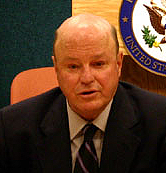
Frank George Wisner II is an American businessman and former diplomat who had served as acting United States Secretary of State for a few hours following the resignation of the previous acting United States Secretary of State Arnold Kanter at noon on January 20, 1993 until the confirmation by the United States Senate and swearing in of Warren Christopher as United States Secretary of State later that day. He is the son of CIA official Frank Wisner (1909–1965). On January 31, 2011, he was sent to Egypt by President Barack Obama to negotiate a resolution to the popular protests against the regime that had swept the country. A White House spokesman said that Wisner had vast experience in the region as well as close relationships with many Egyptians in and out of government. The New York Times reported that he was a personal friend of former Egyptian president Hosni Mubarak.

Lionel John Wood is a former New Zealand diplomat and a former chancellor of the University of Canterbury. He was Deputy Secretary of Foreign Affairs, and served two separate terms as New Zealand's Ambassador to the United States in Washington.
Mohammad Hossain Ali was a Bangladeshi diplomat and former ambassador to the United States.
The United Nations Institute for Namibia (UNIN) was an educational body set up by the United Nations Council for Namibia from 1976 to 1990. Based in Zambia's capital of Lusaka, UNIN was the brainchild of United Nations Commissioner for Namibia Seán MacBride, the proposal creating UNIN was adopted by the United Nations General Assembly in December 1974. The forerunner to the current University of Namibia, UNIN sought to educate Namibians for roles in an independent Republic of Namibia.
Viron Peter Vaky was an American diplomat who was United States Ambassador to Costa Rica (1972–74), Colombia (1974–76), and Venezuela (1976). He was a member of the American Academy of Diplomacy and Council on Foreign Relations.
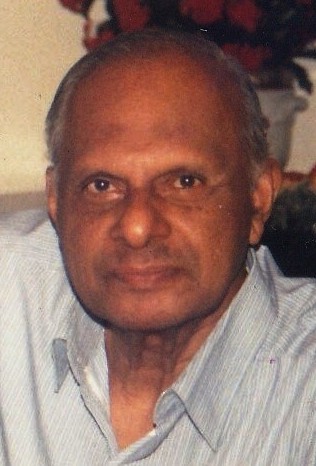
Deshamanya Vernon Loraine Benjamin Mendis was a prominent Sri Lankan diplomat, who served as the United Nations' Special Envoy to the Middle East. He is referred to as the Sri Lanka's Father of Diplomacy due to his role in formation of the country's diplomatic service and has served as Sri Lankan High Commissioner to the United Kingdom, Canada; Ambassador to France, Cuba and Secretary General of the Non Aligned Movement.

Russia–Zambia relations are the bilateral relations between Russia and Zambia.
Emmanuel Kasonde was a Zambian economist and politician who served as the Finance permanent secretary or Minister of Finance under three successive Zambian presidential administrations, including Kenneth Kaunda, Frederick Chiluba and Levy Mwanawasa.
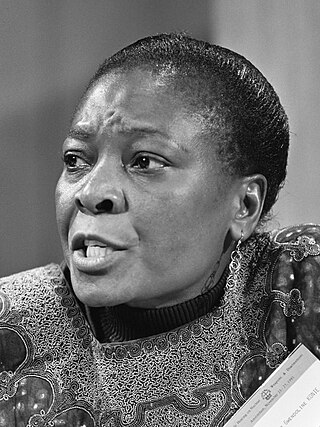
Gwendoline Noreen Chomba Konie was a Zambian poet, diplomat and politician. She was the Zambian ambassador to Scandinavia, the United Nations and Germany. She formed her own party in 2000 and stood as a candidate to be the President of Zambia in 2001. When she died she was given a state funeral.
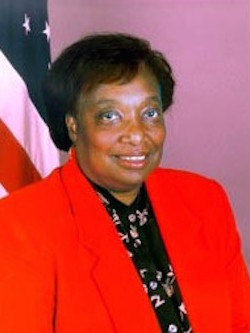
Arlene Render is an American former diplomat. An officer of the United States Foreign Service, she served as the United States Ambassador to the Gambia, Zambia, and Ivory Coast. She was also noted for her role amidst the initial onset of the Rwandan genocide.
Daniel Munkombwe was a Zambian politician. He worked as a political organizer and administrator for the ZANC in Northern Rhodesia before and after independence. He was elected to Parliament in 1973 and served for 19 years. In 2001, he was appointed Minister for the Southern Province by Levy Mwanawasa and continued in that and other government posts until 2015, having been subsequently appointed by Rupiah Banda and Michael Sata.

Yugoslavia–Zambia relations were historical foreign relations between now split-up Socialist Federal Republic of Yugoslavia and Zambia. Relations developed and were focused around shared membership and participation in the Non-Aligned Movement activities. Diplomatic relations between Yugoslavia and Zambia were established on 24 October 1964. They reached their peak before and during the 1970 3rd conference of Heads of State or Government of the Non-Aligned Countries in Lusaka when Yugoslavia provided major logistical and diplomatic support to the relatively recently decolonized Zambia.

Eric Kwamina Otoo was a Ghanaian diplomat. He served as Ghana's High commissioner to Kenya from August 1970 to 1972, Ghana's ambassador to Germany from 1972 to 6 September 1974, and Ghana's ambassador to the United States of America from 9 December 1982 to 18 October 1990.
References
- ↑ Profile of Vernon Johnson Mwaanga
- ↑ Index Mp-Mz
- 1 2 3 4 Simon, David J.; Pletcher, James R.; Siegel, Brian V., eds. (2008). "Mwaanda, Vernon Johnson". Historical Dictionary of Zambia. African Historical Dictionaries. Vol. 106 (3rd ed.). Metuchen, New Jersey: Scarecrow Press. pp. 314–6. ISBN 978-0-8108-5305-8.
- ↑ Andy DeRoche, Kenneth Kaunda, the United States and Southern Africa (London: Bloomsbury, 2016), especially 8, 21-29, and 73-78.